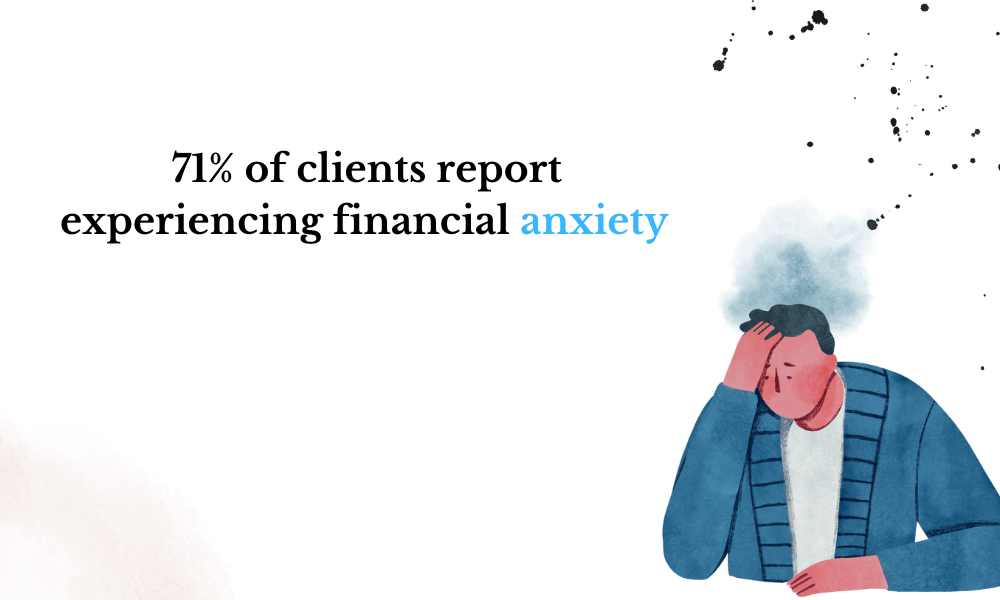
The Covid-19 pandemic has made it difficult for people to answer big questions about their futures, and many financial planners are underestimating the financial anxiety that is causing, according to a survey.
A majority of financial planning clients — 71% — report experiencing financial anxiety at least half of the time, according to researchers at the MQ Research Consortium and Kansas State University Personal Financial Planning Program, who conducted the survey with support from the Financial Planning Association and Allianz Life Insurance Company of North America.
Yet on average, only about 49% of financial planners thought financial anxiety was affecting their clients, the survey found.
The disconnect highlights the fact that while money is a daily topic of conversation for financial planners, for clients it’s often still taboo, said Megan McCoy, professor of practice at Kansas State University Personal Financial Planning Program.
| Claimed In 2022 Three most effective trading indicators for Forex traders |
Moreover, there is a difference between financial stress and financial anxiety. People experience financial stress when they do not have enough money.
Financial anxiety happens when you have money, a job, and all the hallmarks of financial security, but still worry that something bad is going to happen.
For many people, the constant weight of that anxiety could be worse than a negative event actually happening.
“The anticipatory anxiety is much more draining on us than actual bad stuff,” McCoy said.
Financial planners can work to better identify clients’ financial anxieties by including a questionnaire on the topic in their client intake process and by seeking training to help them better identify and manage these situations as they come up, the research found.
“Remaining curious and getting to understand where your clients are around money is essential,” McCoy said.
The survey, which was conducted between May and June, updates research done in 2006.
The higher levels of anxiety found today may be an indication that clients are getting savvier as Robo-advisors and other products increasingly let them do their own financial planning.
Consequently, they may be better able to articulate their feelings and needs around money, McCoy said.
Today’s high financial anxiety levels are also happening in the context of the Covid-19 pandemic, where answers to bigger questions are more ambiguous. That includes everything from questions around when the pandemic is going to end to what is happening with housing and inflation.
“That ambiguity is just weighing on everybody,” McCoy said.
Related Article
Wall Street Ends Sharply Higher, Lifted By Big Tech
Pfizer's Covid Item Sales Expected To Top $50 Billion In 2022
Facebook Falls Behind Nvidia In Market Cap And Is Now Eighth Most Valuable U.S. Company
However, Covid-19 has improved financial planner and client relationships in one key way — the prevalence of virtual meetings — which may last once the pandemic is over.
Both clients and planners showed a preference for virtual meetings. About 57% of clients indicated they would prefer them even after pandemic restrictions end. Meanwhile, eight in 10 planners said they plan to use virtual engagements at least some of the time going forward.